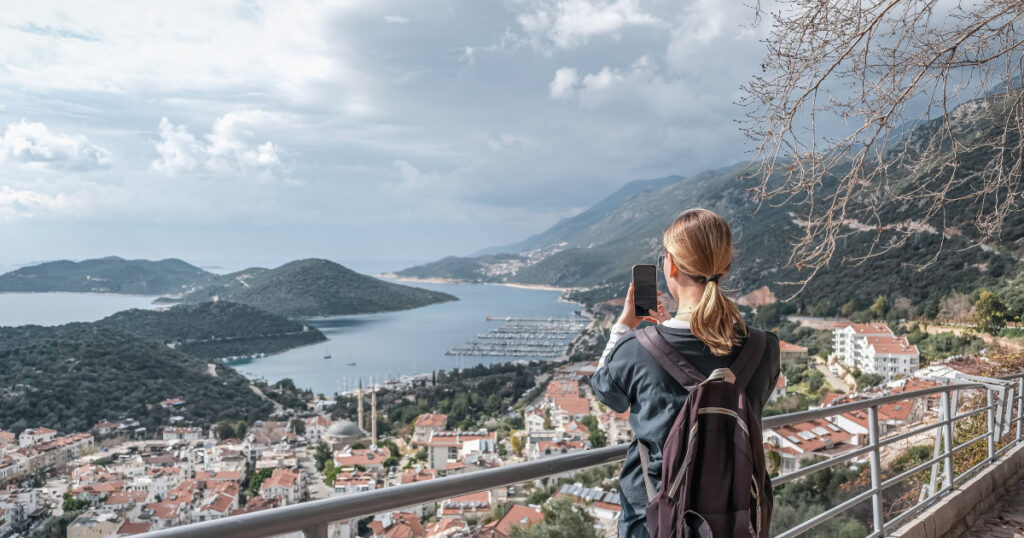The positive experiences associated with travel – social interactions, mental stimulation, physical activity and healthy eating – can delay the aging process. At least that is what emerges from a study carried out in Australia, and its authors note that the recommendations of specialists in terms of healthy living are fulfilled in the case of the majority of trips, The Washington Post reports.
On your next trip, you can leave the antiaging serums and brain wellness tipbooks behind. According to a new study published by researchers at Edith Cowan University in Australia, traveling itself can keep you young.
The positive experiences associated with travel — the social interactions, mental stimulation, physical activity and healthy cuisine — can delay the aging process, scientists say.
Nature walks, walking or other types of movement are typical of travel, for example. So are the healthy meals we often choose on vacation.
The novelty of a place that we see for the first time, that excites, the environment, the landscapes, whether it’s a forest or a beach, all these reduce our stress level and help our mental health, combining with exercise.
In Edith Cowan’s study, which Science Daily published earlier this month, experts wanted to find out how positive travel experiences contribute to maintaining “low entropy,” or the gradual decline of the human body.
“Tourism is not just about leisure and recreation,” Fangli Hu, the study’s lead researcher, told The Washington Post. “It also plays an important role in individual health and public health.”
Immersion in a new destination can slow down the aging process
In the theoretical study, part of a multi-year interdisciplinary project that will include empirical data, the researchers observed that many of the lifestyle practices advocated by medical and mental health experts are intrinsic to travel, such as social engagement, appreciating nature, walking or other types of exercise and nutritious meals. Immersion in a new destination, according to the study, can slow down the aging process.
“Environments, especially beautiful landscapes like forests or beaches, can help us reduce stress and boost our mental well-being and promote physical activity,” Hu said. “Exposure to other tourists, locals or even animals can improve our mood and cognitive function. And traveling can lead to healthy eating.”
Although the study did not single out a specific diet, research over the years has promoted the benefits of the Mediterranean diet.
A recent report published in JAMA Network Open, for example, concluded that more than 25,000 women who adhered to this diet reduced their risk of death by up to 23% during the 25-year study period. Scientists studied the link between local diets and exceptional longevity in five “blue zones” in Costa Rica, California, Japan, Italy and Greece.
According to the study, travel can be beneficial for a wide range of populations, not just the fit. Many people can reap the rewards of travel by avoiding or alleviating illness and extending their lifespan. Researchers predict that this new category of travel is an extension of other trends such as wellness tourism, health tourism and yoga tourism.
“It could improve well-being in healthy people and prevent related problems, promote recovery and halt deterioration in people with suboptimal health, and serve as a non-pharmacological approach to improving symptoms and improving quality of life in people with medical conditions,” the study states.
However, researchers warn that they can also have a negative effect.
“Conversely, tourism may involve negative experiences that may lead to health problems,” the researchers wrote, “in parallel with the process of promoting entropy increase.”
Editor: Marina Constantinoiu





More Stories
Luxury camping in the middle of nature, the new fashion in tourism. How much does a three-night stay cost: “A wonderful experience”
PHOTO Lagardère Travel Retail opens its first Duty Paid stores in Romania
The new ARGO Travel cocktail from SOHO sends you on a city break to…